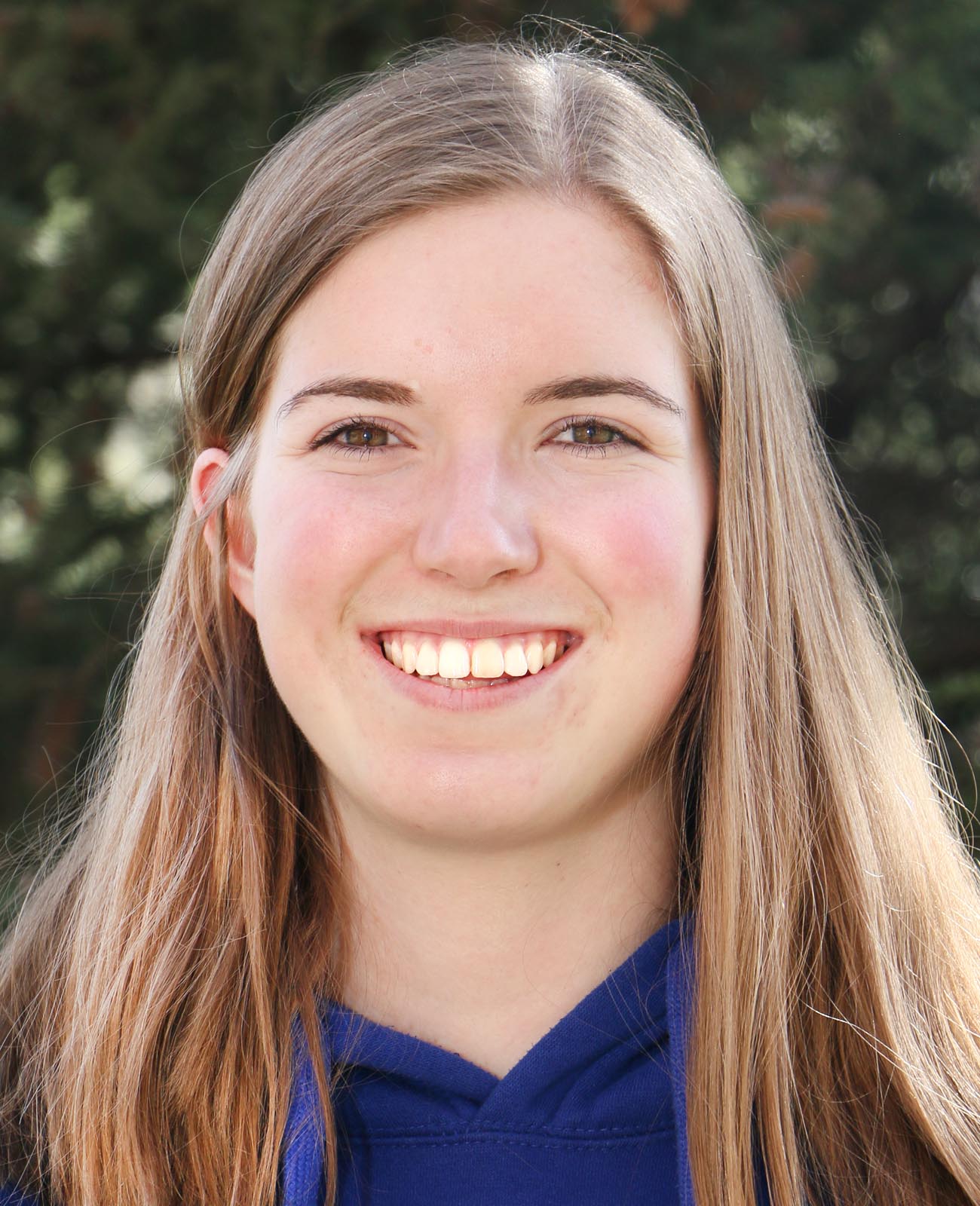For two student volunteers, this year’s regional science fair was a bit like going back to elementary school.
Both Katie Bieber, second-year biology, and Sarah Melnyk, third-year finance, helped out as tour guides this year and many years ago, entered projects as Grade 6 students. Both say the Cariboo Mainline Regional Science Fair was a highlight of their elementary careers and honed their already curious, inquisitive and questioning minds.
“This was a lot like going full circle for me,” said Melnyk, who last year volunteered as a judge. “I was once on the other side of things and this year I was able to help make sure the event was a great experience for the kids, just like people did for me.”
And just as those other volunteers were for them, Melnyk and Bieber were proud to be role models and ambassadors.
“I’m really passionate about science and excited to meet young kids who are interested as well,” said Bieber, who this year volunteered at the fair for the first time. “I hoped I gave them some inspiration to go on and continue studying science through school and in their post-secondary career. I’m a major nerd and am always looking up science jokes when I’m studying—I’m really into plant jokes. I find incorporating humour is super fun and the jokes make things more interesting.”

Katie Bieber, Bachelor of Science student
More than 200 inquisitive minds in grades 4 through 12 were at the fair April 7-8 in the TRU Gym. For participants, the event served as an opportunity to check out other projects, talk to other students, meet new people and to get a feel for university and what a life of science could look like.
The science fair is one of many volunteer opportunities available to TRU students. To learn about others, ask faculty members, other students, check the bulletin boards in the hallways, join a student club or join the TRUSU volunteer registry.
Volunteering is a great way to get involved on campus, meet new people, learn about opportunities, develop interests and create new ones.
Melnyk and Bieber’s Grade 6 projects
Melnyk and Bieber fondly recalled their projects a few times before, during and after the fair.
A student at Voyageur elementary in Quesnel, Melnyk monitored three bread types—white, brown and whole grain—to learn which would first mould and how long it took each one to turn. Checking every four days, the experiment lasted about three weeks. The first to turn was the whole grain.
Bieber, a student at Raft River elementary in Clearwater, wondered how climate change was affecting her region of the North Thompson Valley. As it turned out, that project had a lasting effect as the next year she joined the school’s earth club and in high school, spearheaded campaigns to reduce single-use bags.
“In all, I’m really interested in how to save the environment and how to make sure everything we do is friendly to the environment,” said Bieber. “We need to be paying attention because if we don’t have the environment, then we’re pretty much lost as a species.”

